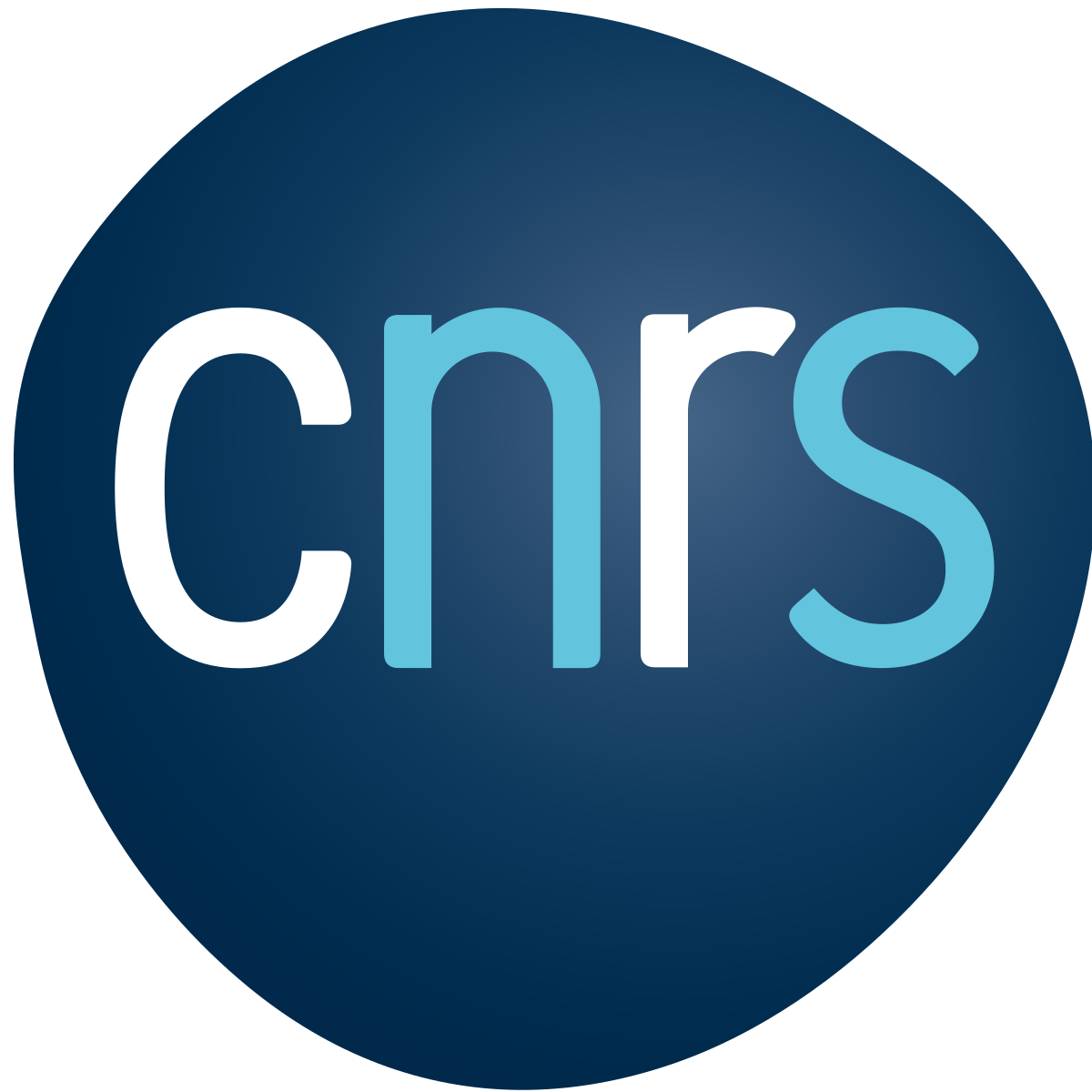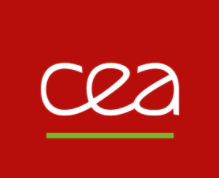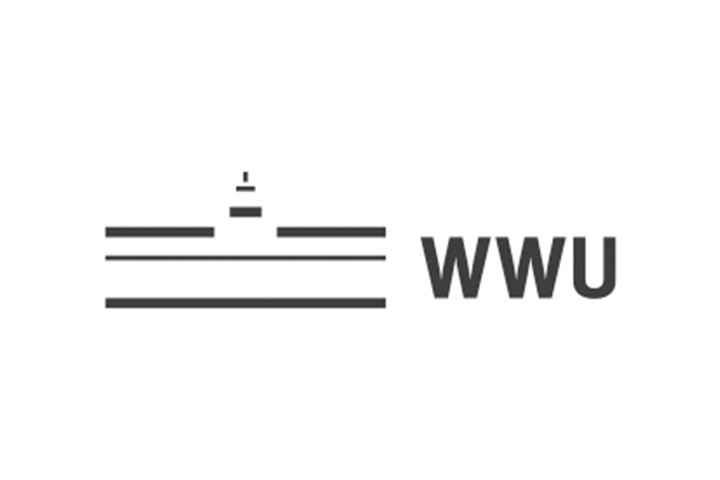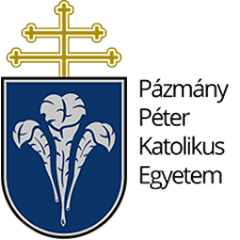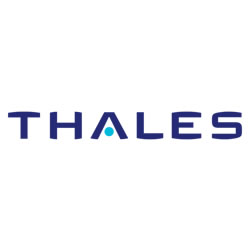Building the European Reasearch Area :
Scientific cooperation between the members of the European Union is essential to meet the challenges of tomorrow’s world. This project is a further building block in the construction of a competitive European Research Area. Our consortium brings together 7 leading research institutions and 10 laboratories across 5 European countries.
Learn more about the partners and their expertise below :
The CNRS is a governmental fundamental research organization (the largest) under the administrative authority of France’s ministry of research. CNRS carries out research in all scientific fields to improve knowledge, ensure economic and technological development and solve complex societal needs. CNRS is organized in more than 1000 laboratories, either on their own or in partnership with universities, other research organizations or industry. CNRS has more than 300 cooperation programs with 40 countries. CNRS annual budget (several billion) comes mainly from French government and own resources representing 1/4 of France public spending on civilian research. The CNRS is strong of 18 Nobel laureates and 11 Fields Medals. The present project will be managed by the Ile de France Sud Regional Office of CNRS (DR4) which is located on Paris Saclay Campus.
The Spanish National Research Council (CSIC) is the largest public institution dedicated to research in Spain and the third largest in Europe. Belonging to the Spanish Ministry of Science, Innovation and Universities its main objective is to develop and promote research that will originate scientific and technological progress. CSIC has more than 15,000 staff, of whom more than 3,000 are staff researchers (6% of all the staff dedicated to Research and Development in Spain), and they generate approximately 20% of all scientific production in the country.
The CEA is a public research organisation with approx. 16,000 staff members. Its mission is to develop know-how and to assure the technological transfer in a large variety of civil and defence industrial applications in areas such as nuclear energy, biotechnology, environmental protection, optoelectronics, microelectronics. CEA is also committed to basic science in fields such as condensed matter physics (DRF department). CEA was identified by Reuters as a main world leader for innovation.
The University of Münster (WWU) is one of the largest European Universities with a very strong track record in sciences (among the top 10 in Germany) and EU funded research (among top 20 in ERC laureates). Fifteen faculties with 120 degree programmes and 27 research centres comprise the institutional backbone of the University. Some 44,000 students and 5,700 academics appreciate the University’s excellent research opportunities, high-quality teaching, promotion of junior researchers, and the advantages of living in the city of Münster. Our slogan sums it up best: “living.knowledge”. Very recently, the University has established the University Development Program. In the field of physics two priority research directions have been determined: nonlinear physics and nanophysics. CeNTech, the Center for Nanotechnology, a dedicated multidisciplinary research center has been recently established in Münster, indicating a specific support to nanophysics from the University and the German state of North Rhine-Westfalia.
Consorzio C.R.E.A.T.E. (CREATE) www.create.unina.it is a non-profit research organisation possessing a legal personality; it belongs, according to the Italian law, to the class of Consorzio, where a number of subjects give life to an independent body intended to reach commonly agreed objectives. Specifically, the objectives of CREATE are to develop, support and stimulate applied research in Electromagnetics. The members of the Consortium which take part of the present project are University of Naples “Federico II” (UNINA) and University of Naples “Parthenope”.
PPKE is a strongly research-oriented catholic university with 8000 students undergoing education and research in almost all fields of sciences: humanities, social sciences, law, and theology, as well as major fields in science and technology. Its Multidisciplinary Institute of Advanced Studies has been recently established (the Pazmany Institute) and it is a University of National Excellence in Hungary.
THALES is a world leader group for electronics and a key player in numerous markets such as aerospace, space, ground transportation, digital identity and security, physical and cyber security and defense. Research and development (R&D) is at the core of the new Group, with its 3,000 researchers and 28,000 engineers dedicated to R&D. Thales has been developing state-of-the-art technologies to meet the most demanding requirements of customers around the world for decades. Today the Group has become a giant laboratory inventing the world of tomorrow, with a portfolio of 20,500 patents, of which more than 400 new ones were registered in 2018. THALES participates to the k-NET project with Thales Research & Technology France (TRT-fr), the main multidisciplinary research unit of THALES, located on the Campus of Polytechnique in Palaiseau.

